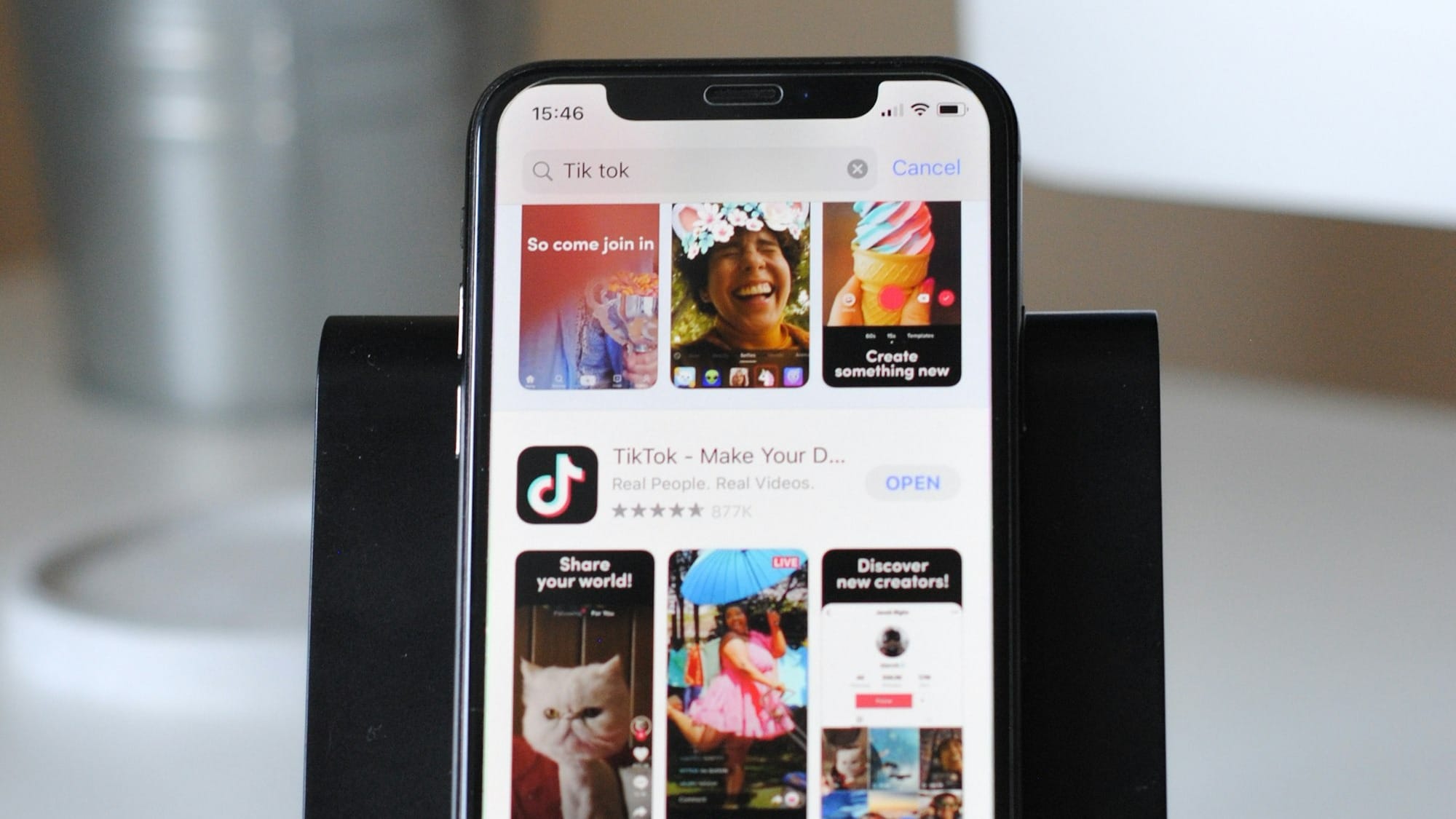WeChat, TikTok Licensed in Malaysia as Stricter Digital Rules Take Effect
The new licensing law reflects a delicate balancing act between ensuring online safety and preserving the openness of the internet.
Malaysia’s digital landscape has entered a transformative phase with the implementation of a new regulatory framework requiring social media and messaging platforms with over eight million users in the country to obtain licenses.
This measure, which came into effect on January 1, 2025, is the Malaysian government’s response to rising concerns about cybercrime, online scams, and harmful content on platforms like Facebook, TikTok, YouTube, and WhatsApp.
Between 2020 and 2023, Malaysia reported over $506 million in losses from online scams and thousands of incidents of hate speech and cyberbullying. The tragic suicide of a TikTok influencer in 2023, following severe cyberbullying, added emotional weight to the public demand for stronger oversight. The new framework seeks to curb such incidents while holding platforms accountable for the content shared on their networks.
Some platforms have quickly complied. TikTok, with over 28 million Malaysian users, and WeChat, with 12 million, according to data from advisory firm Kepios, have obtained licenses, while Meta Platforms, which owns Facebook, Instagram, and WhatsApp, is in the final stages of approval. Telegram is also nearing compliance.
Others, however, are less cooperative. Alphabet’s YouTube and X (formerly Twitter) have yet to secure licenses. X claims its Malaysian user base is below the eight million threshold required for licensing, a claim under investigation by the Malaysian Communications and Multimedia Commission (MCMC). On the other hand, YouTube has raised concerns about the law’s impact on its video-sharing functionalities.
Meanwhile, the MCMC has made clear that platforms failing to comply will face regulatory action, emphasizing the government’s determination to enforce the law. By targeting platforms with significant user bases, the government is setting a precedent for how nations can hold tech giants accountable for their role in shaping digital spaces.
In Malaysia, where the average person uses eight social media platforms—the second highest rate in Asia—there is significant public support for greater platform accountability. Yet some have criticised the move warning that such regulations could stifle free speech and dissent, making the framework both a necessity and a potential point of contention.
The licensing law is part of a growing global trend, with countries like Singapore and Indonesia adopting similar measures to regulate harmful content.
In the end, Malaysia’s new licensing law reflects a delicate balancing act between ensuring online safety and preserving the openness of the internet. While its long-term impact remains uncertain, for Malaysians, the next chapter in their online experience will be shaped not only by the platforms they use but also by the rules that govern them.







